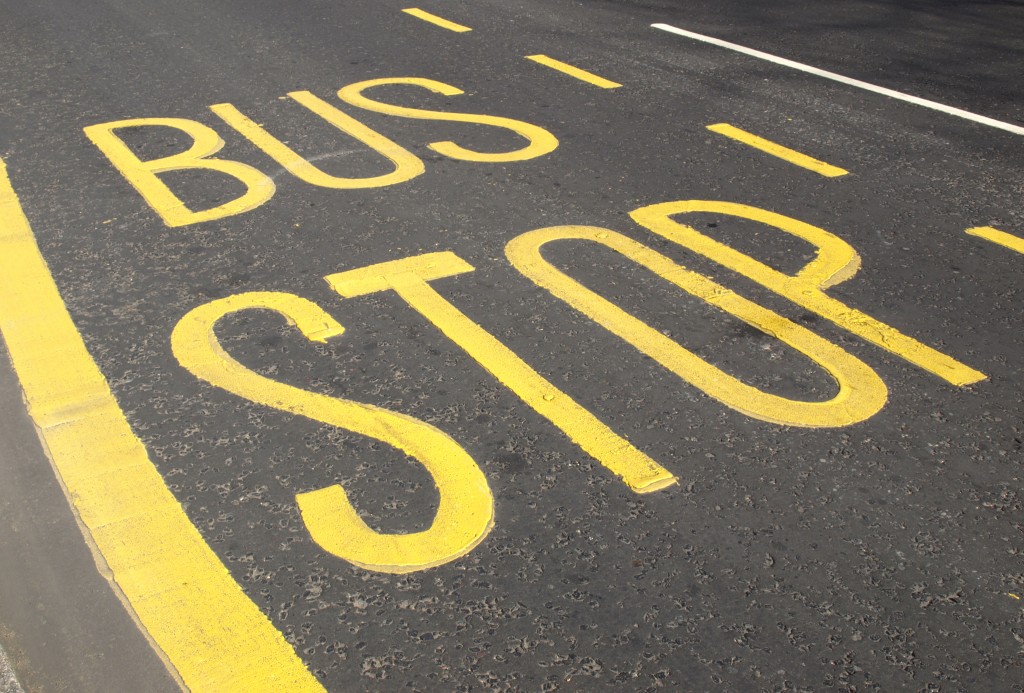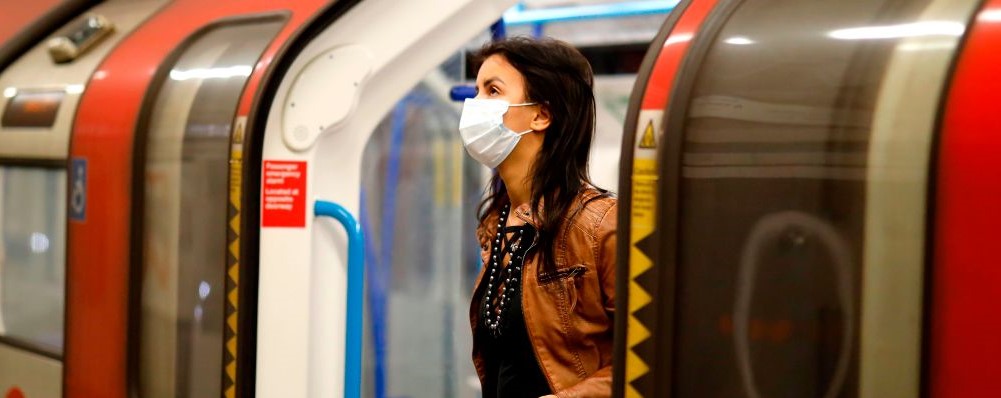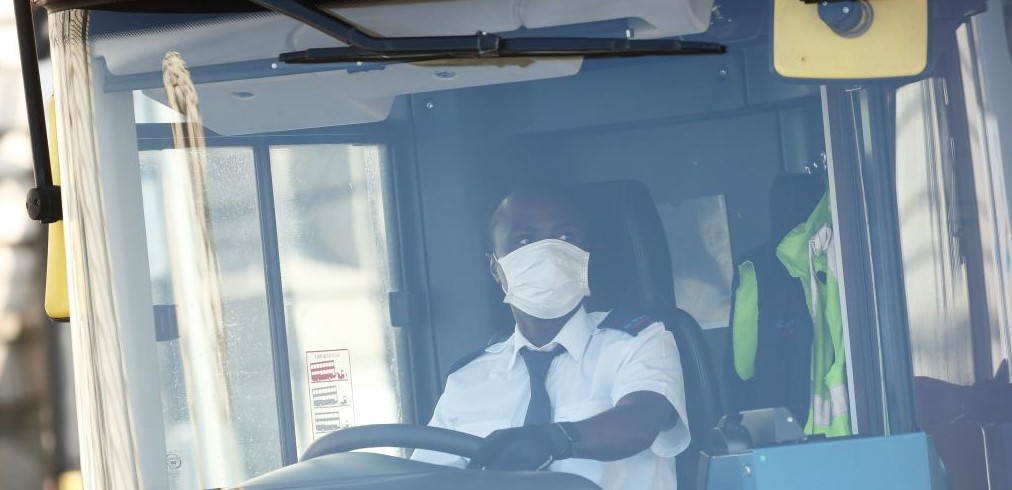‘Lifeblood of local communities’
Unite has welcomed a new pledge made by Labour to restore swingeing cuts to bus services funding which have seen 3,000 routes axed under successive Tory-led governments.
Announcing its pledge this week, the Labour party said it would create a Bus Transformation Fund that would invest £1.3bn in services each year – more than enough to reverse the £645m a year real-terms funding cuts made by the Conservatives since 2010.
The latest Labour commitment complements a suite of initiatives the party has developed to restore and bolster bus services, including bringing local bus services back into public ownership and introducing free bus fares for young people.
Labour’s support for bus services aims also to play an important role in combatting climate change and helping the vulnerable, elderly, rural residents and others who rely on buses as a primary mode of transport.
Announcing Labour’s latest commitment to bus services on Thursday (April 25), Labour party leader Jeremy Corbyn said, “Bus services have been devastated by nine years of austerity. Thousands of routes have been axed, fares have soared and passenger numbers are in freefall.
“Local services are a lifeline for many, particularly the elderly and those in rural areas,” he added. “Cuts have had disastrous consequences for our towns and city centres and for air pollution and the environment.
“Bus networks are essential for towns and cities and for tackling rural poverty and isolation, which is why Labour is committed to creating thriving bus networks under public ownership.”
Research from the Campaign for Better Transport has found in 2017/2018 alone, nearly 300 bus routes across England have been reduced or withdrawn entirely, with services in the North West facing the greatest number of slashed routes.
Unite member and Middlesbrough bus driver Tan Rashid has been driving buses for more than 15 years and has witnessed first-hand the impact of cuts to bus services.
“When I first started in 2003, many bus routes were subsidised by the council. This allowed buses to reach under-served communities since many of these routes – to villages outside Middlesbrough for example – are considered unprofitable. I remember we would go out early in the morning and late in the evening to these areas.
“But since big funding cuts, the council has stopped many of these subsidies – now some of the villages have no bus services to or from after 7pm and none at all at the weekend.”
Tan believes this is deeply unfair for local communities like his.
“Many of the people who live in communities under-served by buses are elderly, disabled or vulnerable in other ways,” he said. “They’re effectively locked out of society and left isolated.”
Research from the Campaign for Better Transport reflects Tan’s views that the elderly and disadvantaged are hit hardest by bus cuts – 64 per cent of people on Jobseekers Allowance, for example, have no other mode of transport besides buses; people over 60 are among the most frequent users of buses.
The Campaign has also found that buses are much better for the environment – cars, for example, produce 60 per cent of all road transport C02 emissions, while buses only emit 5 per cent.
Tan said that this fact alone should be reason enough to invest in bus services as Labour has pledged to do.
“The recent climate protests have highlighted the urgency that we now face under the threat of climate change – it’s something that we have to tackle now, not in some distant future. Supporting bus services is an absolutely vital part of improving air quality and lowering emissions.”
Tan hailed Labour’s latest commitment to bus services.
“Local bus services are the lifeblood of local communities. When we fund bus services, we support local economies – there’s a positive knock-on effect on the high street when towns and cities have good public transport. Funding can also go into improving buses themselves and roads which have deteriorated badly over the last few years. This would be good for both passenger comfort and for bus workers alike.”
Unite national officer for passenger transport, Bobby Morton agreed.
“Bus services provide an essential lifeline for people living in towns and rural communities,” he said.
“Labour’s commitment to invest in bus services is to be strongly welcomed. As well as providing much needed employment it will help to tackle the twin evils of poverty and isolation that takes hold in communities when bus services are cut.
“Frequent and reliable bus services boost social mobility which helps to expand the local economy and creates local employment opportunities.”
 Like
Like Follow
Follow


